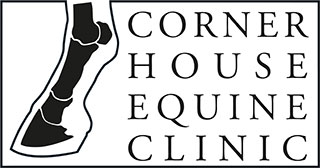A targeted worming programme and only worming when necessary is better for your horse and reduces the risk of resistance to wormers. The worming programme for individual horses may vary depending on their age, previous worming history and worm burden.
A basic targeted worming programme
A basic targeted worming programme for an adult horse may look like this. Remember this always needs to be combined with good pasture management, in particular, ‘poo’ picking:
- Spring/Summer grazing season (March – August): Carry out a faecal worm egg count approximately every 12 weeks and worm your horse if the result is over 200 eggs/gm. Your vet will be able to recommend an appropriate wormer.
- Once the grazing season is over and the weather starts to get colder (November/December) your horse’s chances of picking up worm larvae from the pasture and thus causing ongoing pasture contamination is decreased, and thus this is the best time to test for Tapeworm and treat for encysted small red worm. A tapeworm saliva test will allow you to determine whether your horse has enough tapeworms to need treating. Because at the moment there is not a test for small redworm larvae (a new blood test has been released but we are still getting information as to how useful it might be), we do recommend worming with moxidectin at this time of year regardless of any worm egg count numbers.
It is then recommended that you carry out a faecal worm egg count approx. 12 weeks after treating your horse in the Autumn/Winter.
If the worming history of a horse is unknown or the horse is starting on the worming programme, then your vet may suggest treating with moxidectin once and then following the worming programme. This also applies to new arrivals on the yard.
There are also other things you should do to reduce worm burden, such as poo picking, rotating grazing paddocks, not overstocking pasture and grazing horses with other livestock.
The worming of foals and horses up to two years old differs from that of adult horses. Speak to your vet for advice on worming youngstock.
- Advice published on horsehealthprogramme.co.uk


